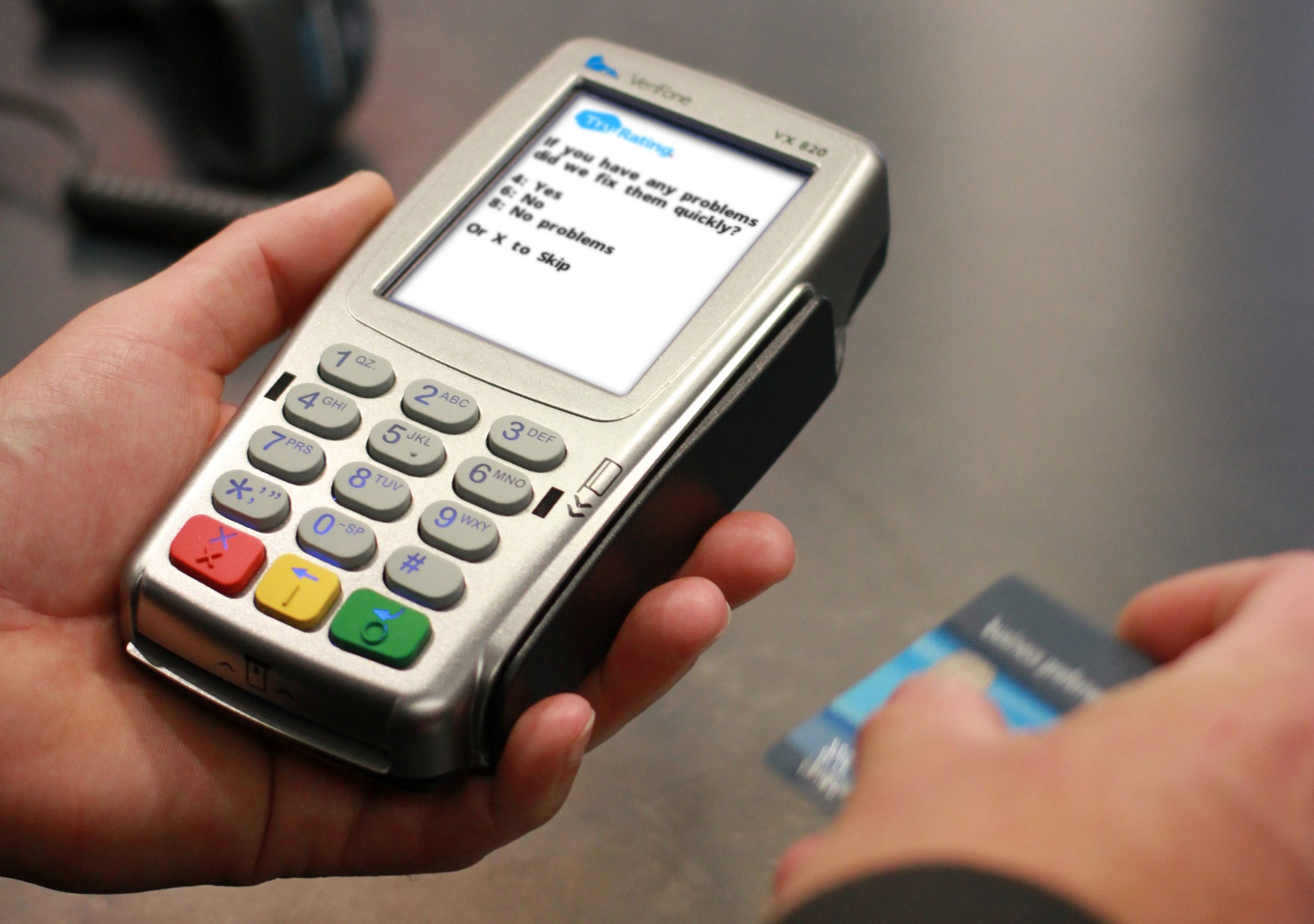At the onset of the COVID-19 crisis earlier this year, all five major banks in New Zealand waived fees for contactless debit transactions for small business customers. They have all now resumed charging these fees.
For small and medium-sized businesses (SMEs) card acceptance fees can be the third-highest cost of doing business after wages and rent. The Labour Party has announced that if returned to government it will regulate merchant service fees charged to retailers and other small businesses by their banks, enabling small businesses to retain more of their sales revenue.
The idea is that reducing these fees should flow through to consumers, thus providing some stimulation to a COVID-19 ravaged economy with small businesses said to generate 28 percent of New Zealand’s Gross Domestic Product and employ more than 600,000 people. Labour's announcement, ahead of the October 17 election, doesn't detail exactly how merchant service fees would be regulated.
Merchant service fees are charged to retailers for debit and credit card transactions, typically as a percentage of the transaction. New Zealand has a domestic EFTPOS network that's fee-free for the merchant, driving strong uptake of EFTPOS in the 1990s. Following the rise of contactless debit and credit cards, however, the cost of payment systems to retailers has significantly increased.
An interchange fee is a fee charged by the financial institution on one side of a payment transaction to the financial institution on the other side of the transaction. A typical card transaction involves four parties the cardholder, the cardholder's financial institution (the issuer), the merchant and the merchant's financial institution (the acquirer). For most card transactions, the interchange fee is paid by the acquirer to the issuer.
Interchange is typically the biggest part of a broader fee known as the merchant service fee. Each bank sets its own interchange rates within a cap set by Visa and Mastercard. The merchant service fee is set by banks. Through these fees a percentage of each sale is paid to the merchant's bank for the processing of the merchant's monthly transactions. Visa and Mastercard point out interchange doesn't generate revenue for them. It underpins and grows their networks, however, and it drives up costs for merchants, or retailers, and ultimately consumers too.
Labour has said they will regulate the cost of merchant service fees charged by a retailer’s bank to reduce costs on retailers. In developing the regulations, Labour will take into account New Zealand’s largely fee-free EFTPOS system and the ongoing work towards open-banking.
Regulating merchant service fees will require legislation via the usual Parliamentary processes, providing an opportunity for public and payments industry consultation. The promised regulation is likely to be overseen by both the Reserve Bank and the Financial Markets Authority, with the Commerce Commission potentially also having input to the proposed legislation.
Gareth Vaughan from interest.co.nz argued that the economic hit from the COVID-19 pandemic could and should finally push the Government into regulating retail payments, an area where New Zealand lags comparable to countries such as Australia and the European Union including the United Kingdom.
SMEs throughout the country will be hoping whoever becomes the next Government, that they look seriously at this issue which seems like a no-brainer for helping Kiwi small businesses dig their way out of the COVID-19 hole.






